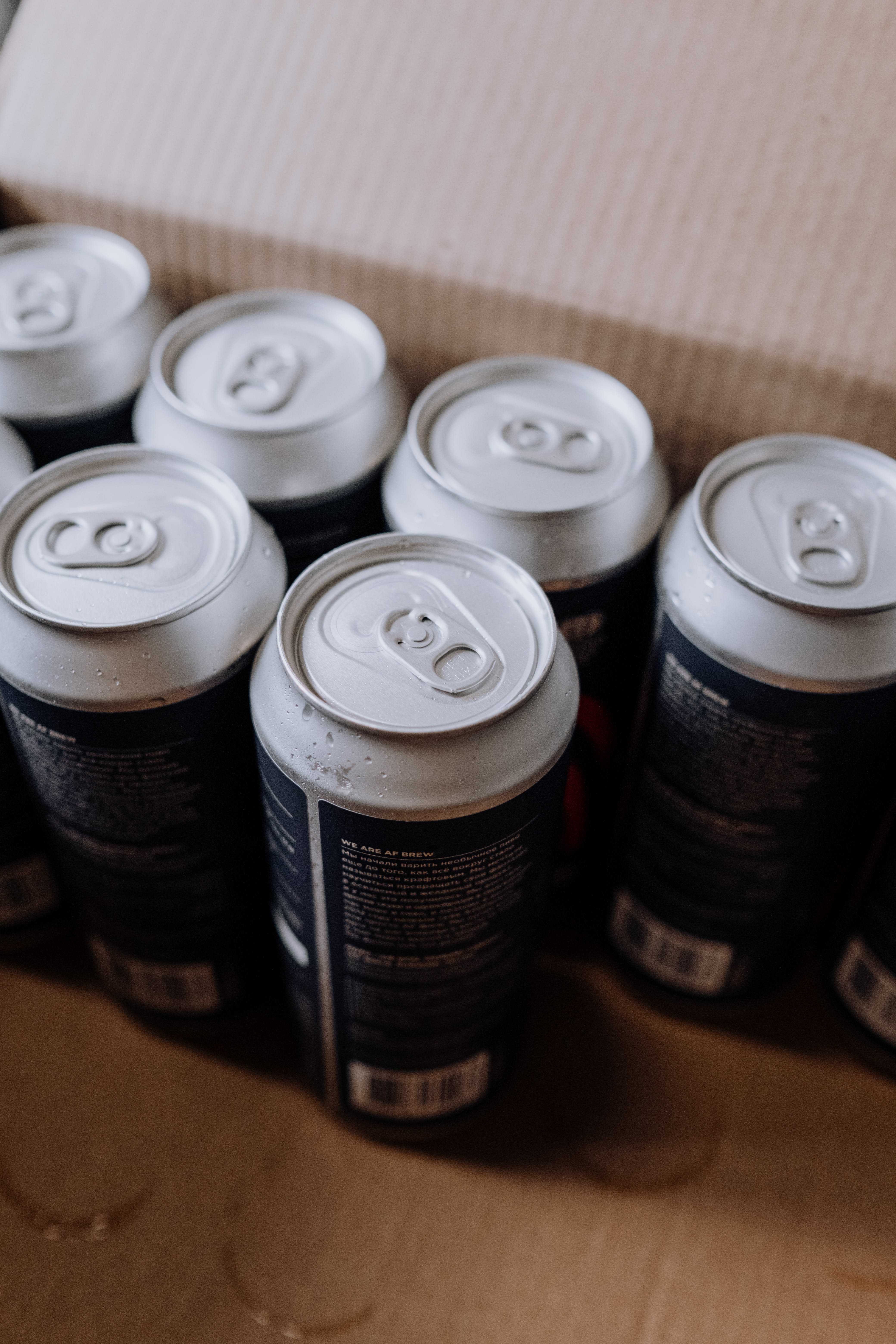
In 2018, an investigation by news outlet The Guardian found that Britain’s leading supermarkets generated about 800,000 tonnes of plastic packaging waste each year.
How much plastic and other packaging waste do supermarkets in Singapore—with a population of about 5.7 million, compared to Britain’s 66.5 million—generate?
The picture could become clearer when mandatory packaging reporting begins next year. Companies such as brand owners, importers and large retailers including supermarkets will have to collect data on the types and amounts of packaging that they place on the market.
This is the first step towards an extended producer responsibility (EPR) framework for packaging waste that the Singapore aims to roll out by 2025. It will require companies to take responsibility for the life cycle of packaging they produce.
The country’s largest supermarket chain has started preparing for mandatory packaging reporting. FairPrice Group has set up a team that is able to work with suppliers to gather the necessary information, and recently received the template for reporting from Singapore’s National Environment Agency, said its group chief executive Seah Kian Peng.
Tackling packaging waste earlier in the production process is a beneficial approach since it also helps the company to potentially save costs.
Seah Kian Peng, group chief executive, FairPrice Group
FairPrice believes the EPR framework will encourage businesses to rethink the design of their packaging, he said.
“Tackling packaging waste earlier in the production process is a beneficial approach since it also helps the company to potentially save costs,” said Seah. “Nonetheless, given the current economic circumstances due to the Covid-19 pandemic, we recognise also there might be inertia and apprehension to move out of the existing systems and infrastructure setups. Industry players, government agencies and the public will have to come together to collectively address these pertinent issues.”
FairPrice already collects some data. According to its 2019 sustainability report, it engaged waste contractors to recycle key material waste that included about 12,500 tonnes of cartons, 52 tonnes of Styrofoam boxes and 46 tonnes of stretch film.
Food safety and quality
While the figures may dismay zero-packaging advocates, others will note that packaging enables greater access to food by enabling it to be transported, intact, to different customers. Packaging also extends the shelf life of food, which reduces food waste and the significant amounts of water, land and other resources needed to produce the wheat, rice, vegetables and meat that people eat.
Food safety and quality is of “paramount importance” to FairPrice, said Seah.
“A variety of packaging including cling wrap, foam nets, trays, and bags is used to ensure consistency, minimise damage and preserve the quality of the product, particularly for fresh produce such as leafy vegetables and corn,” he said. “This means that we are able to prevent food wastage by lengthening the shelf life of these fresh produce.”
Vegetables are wrapped in bags to minimise mishandling and delicate fruits like mangoes and strawberries are packed in boxes to prevent bruising, he said.
Fresh produce sold by FairPrice are mainly pre-packed by suppliers before they arrive at stores, Seah added. Stores may, however, also use their own packaging to wrap pre-cut fruits and vegetables. At times, they have to re-pack some produce to replace damaged packaging or cut the risk of cross-contamination.
We are constantly on the lookout to explore ways to reduce packaging waste while ensuring product safety and quality.
Seah Kian Peng, group chief executive, FairPrice Group
Solutions to waste and pollution needed
The growing heaps of packaging waste and plastic pollution worldwide, however, mean that better solutions are urgently needed. Environmentally-conscious entrepreneurs around the world have introduced zero-waste or packaging-free grocery stores and many are on an expansion path, although they are still much smaller in scale than supermarkets in general. Some activists are also championing plastic-free supermarket aisles.
Meanwhile, major consumer goods manufacturers, which have been named as some of the world’s biggest ocean polluters, are introducing recyclable packaging or using alternatives to plastic. Critics, however, say they are not addressing the root causes of the plastic pandemic.
Singapore generated 930,000 tonnes of plastic waste in 2019, of which only 4 per cent was recycled. Of that amount, only 7 per cent was processed locally, while the rest was sent overseas.
The government, which encourages businesses to rethink production processes and eliminate unnecessary packaging, has plans to boost its plastic recycling capabilities and close the plastics loop.
‘No plastic bag’ pilot has been ‘encouraging’
What about plastic bags, a subject of heated public debate for more than a decade now?
Singapore has not followed in the footsteps of Thailand and more than 120 countries that have regulated the use of plastic bags in some way. However, analysts have also noted that despite curbs, plastic pollution remains a problem. This is because of uneven policies, loopholes, and other reasons. The World Resources Institute noted in a blog post last year that most countries fail to regulate plastic through its life cycle, and virtually none restricts the manufacture of plastic bags, of which an estimated five trillion are produced a year.
On its part, FairPrice launched a “no plastic bag” initiative last September, expanding it two months later to 25 of its 230 supermarkets and convenience stores for a year. Customers at those outlets are charged S$0.10 or S$0.20 for plastic bags. Asked about the outcome of the trial, Seah said results have been “encouraging” and FairPrice will announce an update later this year when it finishes assessing the pilot initiative.
He added that FairPrice works with the government, customers and civil society groups to reduce single-use plastics, and advocates the use of reusable shopping bags.
“We are constantly on the lookout to explore ways to reduce packaging waste while ensuring product safety and quality,” he said.
Eco-Business, with the support of FairPrice Group, will be organising Packaging waste: A circular future, or talking in circles? on 19 October 2020 from 3 to 4.30pm. Tune in to the live-streamed dialogue on our Facebook page.
Source: Eco Business



